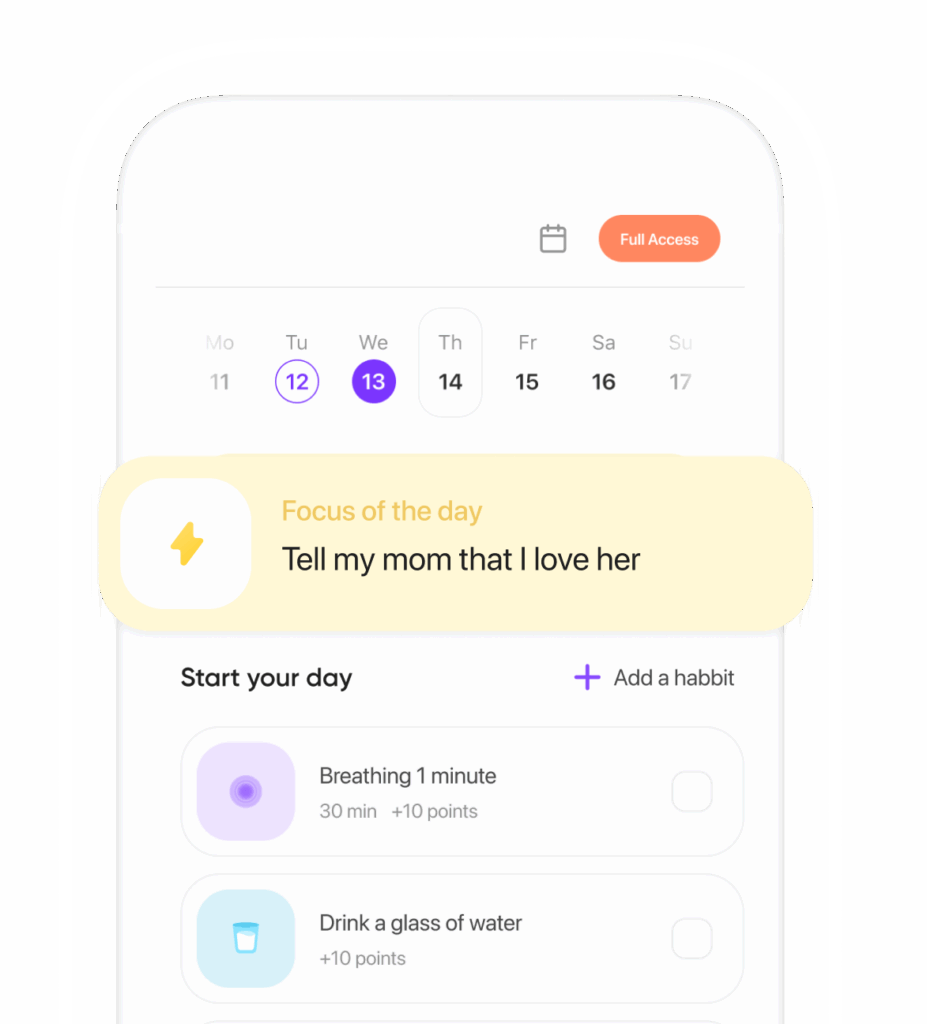In the whirlwind pace of modern life, balancing multiple commitments has become the norm. But for individuals managing Attention Deficit Hyperactivity Disorder (ADHD), this juggling act can be particularly daunting. The result? ADHD burnout—a state of mental, emotional, and physical exhaustion—often emerges from the relentless stress tied to navigating ADHD symptoms. So, how do we spot the signs of burnout and what can be done to counteract it?
Table of Contents
- Understanding ADHD Burnout
- Signs of ADHD Burnout
- Recovery Steps for ADHD Burnout
- Building a Support System
- Conclusion
Understanding ADHD Burnout
Though not a formal medical diagnosis, ADHD burnout is acknowledged as a notable concern by mental health experts. It occurs when individuals with ADHD find themselves overwhelmed by daily responsibilities, due to the constant effort needed just to manage their symptoms. A study in the Journal of Attention Disorders highlights that those with ADHD experience heightened levels of stress and burnout compared to others.
Signs of ADHD Burnout
- Chronic Exhaustion: For those caught in the grips of burnout, tiredness becomes a constant companion—one that lingers even after a good night’s rest. It’s an exhaustion that seeps into the soul, affecting emotions and the mental state.
- Increased Irritability: Ever snap at a tiny inconvenience? Then you know what this feels like. Small frustrations snowball, leading to frequent outbursts or just plain emotional drained.
- Decreased Productivity: A major indicator is a significant dip in work or academic performance. Tasks once manageable morph into Herculean trials, often landing with missed deadlines and incomplete projects.
- Heightened Anxiety and Depression: Anxiety and depression seem like unwelcome guests who just won’t leave. As per a 2017 study, about 31% of adults with ADHD report anxiety disorders that worsen burnout symptoms.
- Loss of Interest in Activities: Activities and hobbies once loved suddenly lose their appeal, pushing individuals into social withdrawal and, with it, an overwhelming sense of isolation.
- Difficulties with Concentration: ADHD already makes concentration tricky, to put it mildly. But burnout? It further clouds focus, rendering even simple tasks Herculean.
- Physical Symptoms: The body’s revolt—nagging headaches, digestive woes, and recurrent illnesses—often whispers (or shouts) about the strain that stress is placing on it.
Recovery Steps for ADHD Burnout
Prioritize Self-Care
At the heart of recovery lies self-care. It’s about carving out time for activities that soothe the soul—be it yoga, meditation, or simply indulging in a hobby. According to a 2019 study in Health Psychology, regular self-care significantly curbs stress, enhancing overall well-being.
Establish Routine
Building a structured daily routine can tether ADHD symptoms. Employing time management tools—like planners or apps—can organize tasks and help diffuse that overwhelming feeling. Research says that such routines bolster productivity while cutting stress, especially for those with ADHD.
Seek Professional Support
Professional support, like cognitive behavioral therapy (CBT), can work wonders for tackling ADHD burnout. A study in the Journal of Clinical Psychology found CBT boosts coping mechanisms and slashes anxiety and depression symptoms in ADHD sufferers.
Practice Mindful Meditation
Mindfulness and meditation: a peaceful balm for a chaotic mind. A 2016 study noted significant stress reduction and enhanced attention in ADHD adults through mindfulness. Apps such as Headspace or Calm cater specifically to ADHD-focused guided meditations.
Set Realistic Goals
Aiming sky-high can backfire. Striking the right balance with achievable, realistic goals staves off feelings of defeat and frustration. Breaking tasks into bite-sized pieces offers a sense of accomplishment.
Limit Stimulants
Stimulants like caffeine and sugar? Frenemies that can amp up ADHD symptoms and anxiety. Moderation is key here to alleviate these feelings and improve sleep—crucial for recovery.
Ensure Adequate Sleep
Don’t underestimate the power of a good night’s sleep—it’s vital for mental health and recovery. A steady sleep schedule and restful environment can work wonders on sleep quality. Research in the Sleep Health Journal suggests regular sleep patterns ease burnout and boost cognitive function for those with ADHD.
Building a Support System
Navigating ADHD burnout demands a robust support system. Sharing experiences with loved ones or support groups can provide emotional catharsis and practical guidance. Online spaces, like Facebook or Reddit, are great for connecting with fellow ADHD warriors to share coping tricks.
Conclusion
Recognizing ADHD burnout signs is only step one; the real work involves implementing effective recovery strategies. Prioritizing self-care, reaching out, and modifying lifestyles can empower individuals with ADHD to tackle burnout and rediscover their vitality. Know someone wrestling with ADHD burnout? Encourage them to seek professional help—it’s often a game-changer on the road to recovery.
Embrace these recovery paths and reclaim control over your mental health—one step at a time.
Ready to transform your life? Install now ↴
Join 1.5M+ people using AI-powered app for better mental health, habits, and happiness. 90% of users report positive changes in 2 weeks.
